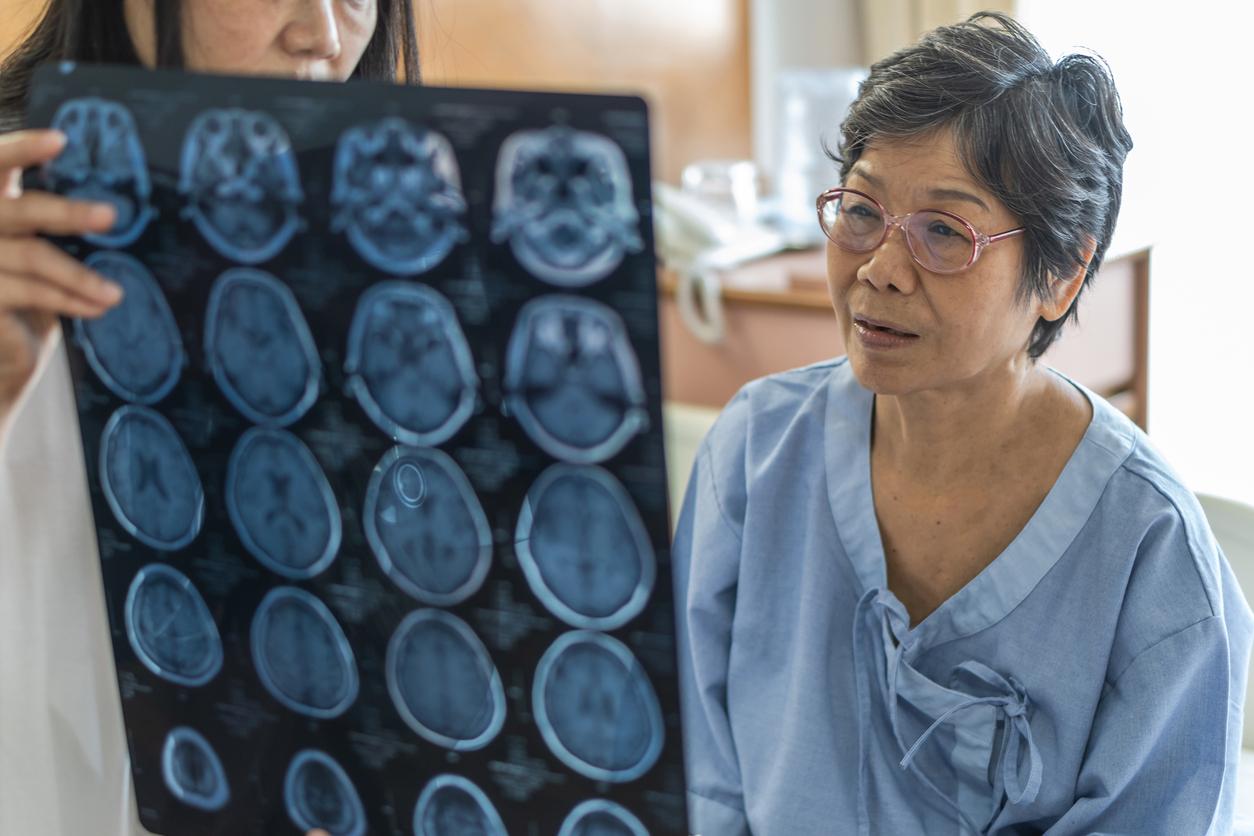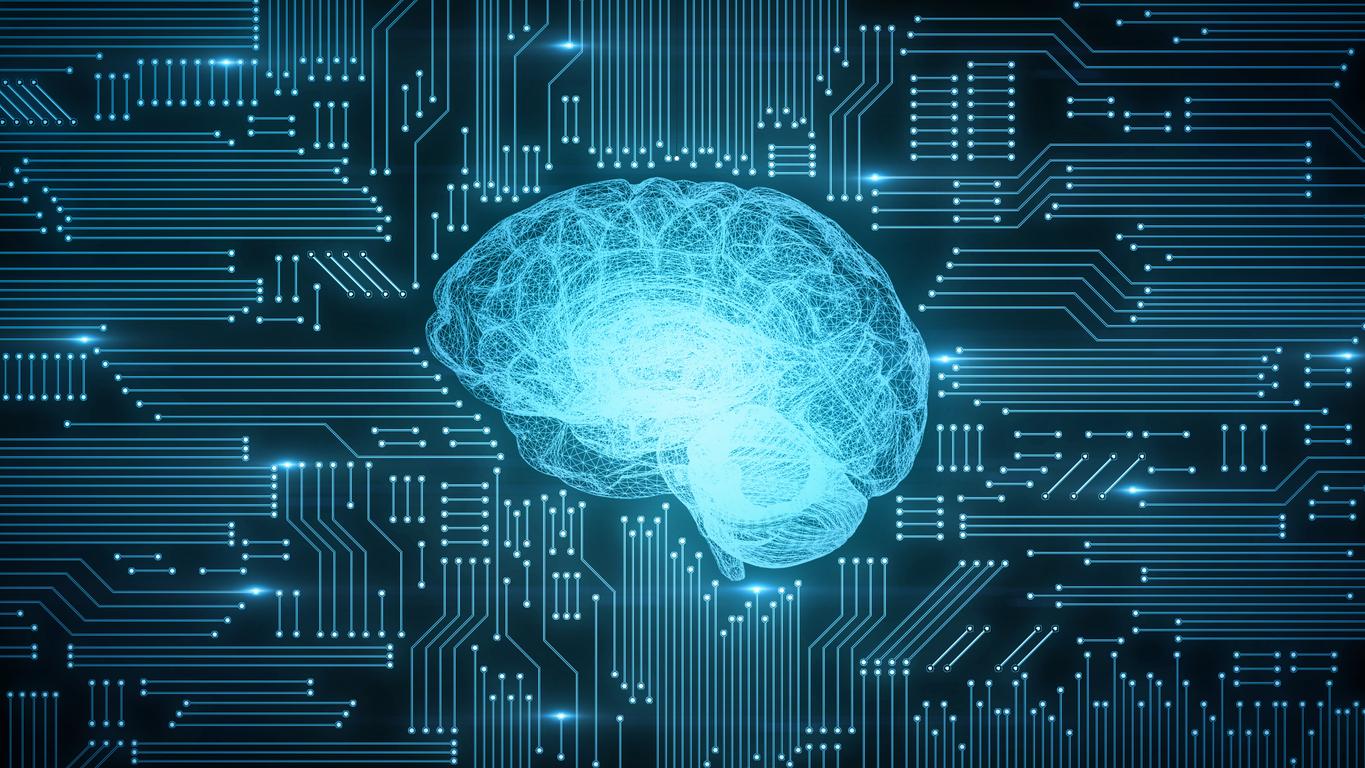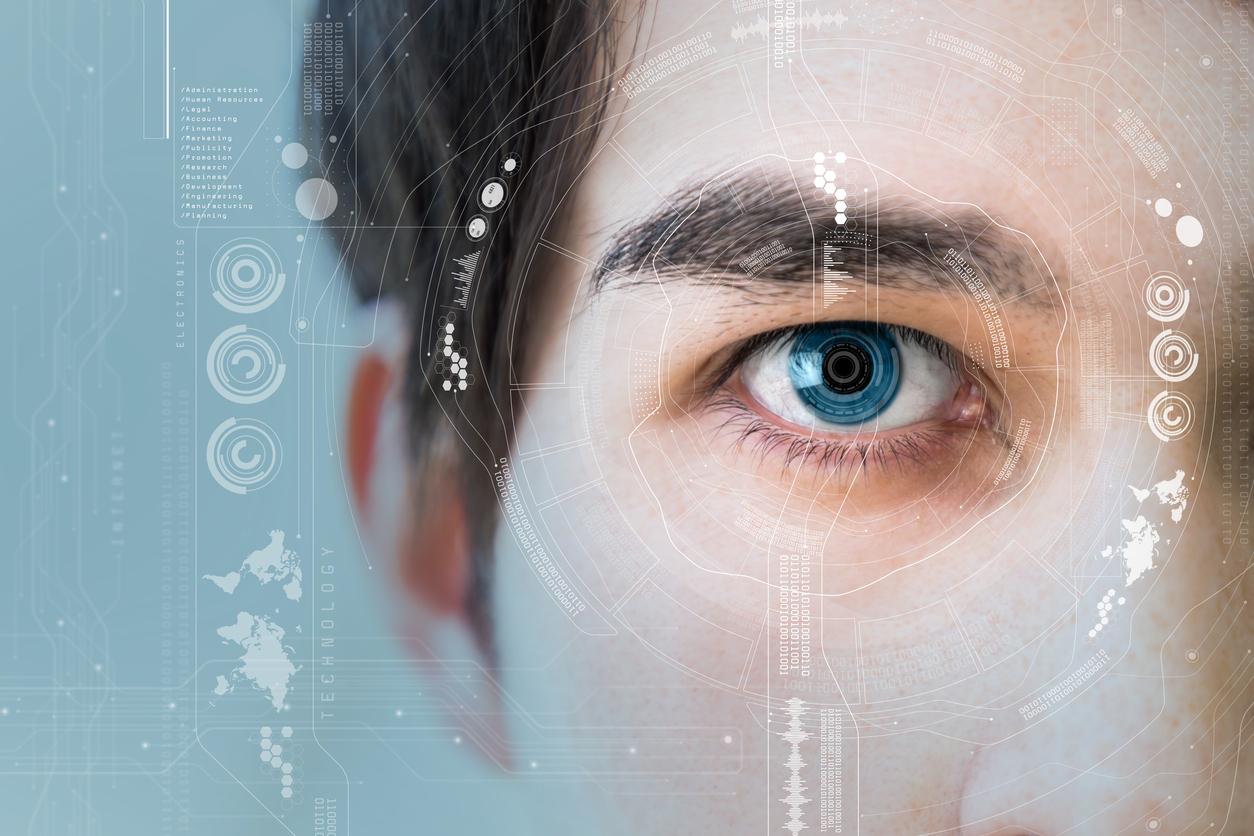The model can predict with an accuracy rate of 78.5% whether a person with mild cognitive impairment is likely to remain stable over the next six years.

- In France, 900,000 people suffer from Alzheimer’s disease, a neurodegenerative pathology characterized by progressive and irreversible damage to the brain.
- A new form of artificial intelligence (AI) is now able to predict fairly reliably whether mild dementia will progress to Alzheimer’s disease.
- “If we can predict what’s going to happen, we have more options and time to intervene with medications, which can help stabilize the disease and prevent the transition to more severe forms of dementia,” Ioannis Paschalidis, professor emeritus in the BU College of Engineering, said in his report.
A new form of artificial intelligence (AI) is now able to predict fairly reliably whether mild dementia will progress to Alzheimer’s disease.
Determining whether someone has Alzheimer’s disease currently requires a battery of assessments: medical interviews, brain imaging, blood tests and cerebrospinal fluid check-ups. To streamline the process and provide earlier treatment, researchers at Boston University have created a new form of artificial intelligence.
Concretely, their model can predict with an accuracy rate of 78.5% whether a person suffering from mild cognitive impairment is likely to remain stable over the next six years or to tip over into Alzheimer’s disease.
“If we can predict what is going to happen, we have more opportunities and time to intervene with medications, which can help stabilize the disease and prevent the transition to more severe forms of dementia,” indicates in his report Ioannis Paschalidis, professor of the BU College of Engineering. “We hope that more and more treatments for Alzheimer’s disease will soon become available,” he adds.
Alzheimer’s disease: how does new artificial intelligence work?
To build their new computer model, the researchers used data from the Framingham Heart Study. They then used a combination of speech recognition and machine learning tools to train a model to spot links between speech, demographics, dementia diagnosis and disease progression.
With this experience, Ioannis Paschalidis is already planning a new research project aimed at determining whether AI could one day help diagnose dementia via a smartphone application.
Alzheimer’s and artificial intelligence: still no treatment to overcome the symptoms
In France, 900,000 people suffer from Alzheimer’s disease, a neurodegenerative pathology characterized by progressive and irreversible damage to the brain.
Despite extensive research, no treatment has yet been effective in overcoming the symptoms (progressive loss of memory and autonomy).
“Among cases occurring in those under 65, 10% concern people with rare hereditary familial forms of Alzheimer’s disease. After this age, the frequency of the disease rises to 2 to 4% of the general population,” precise Inserm.


















